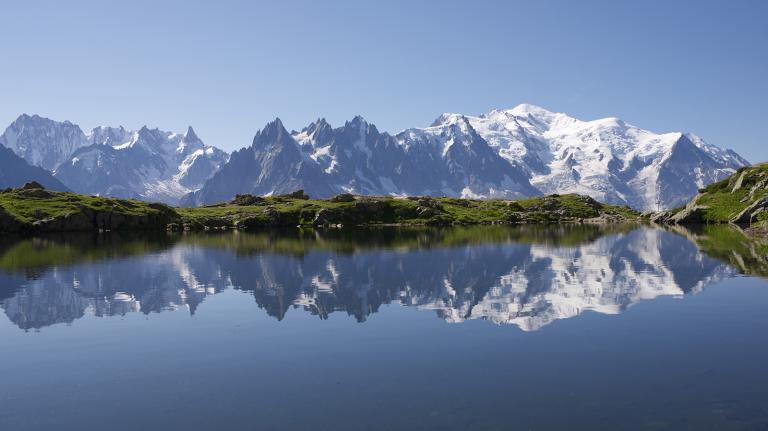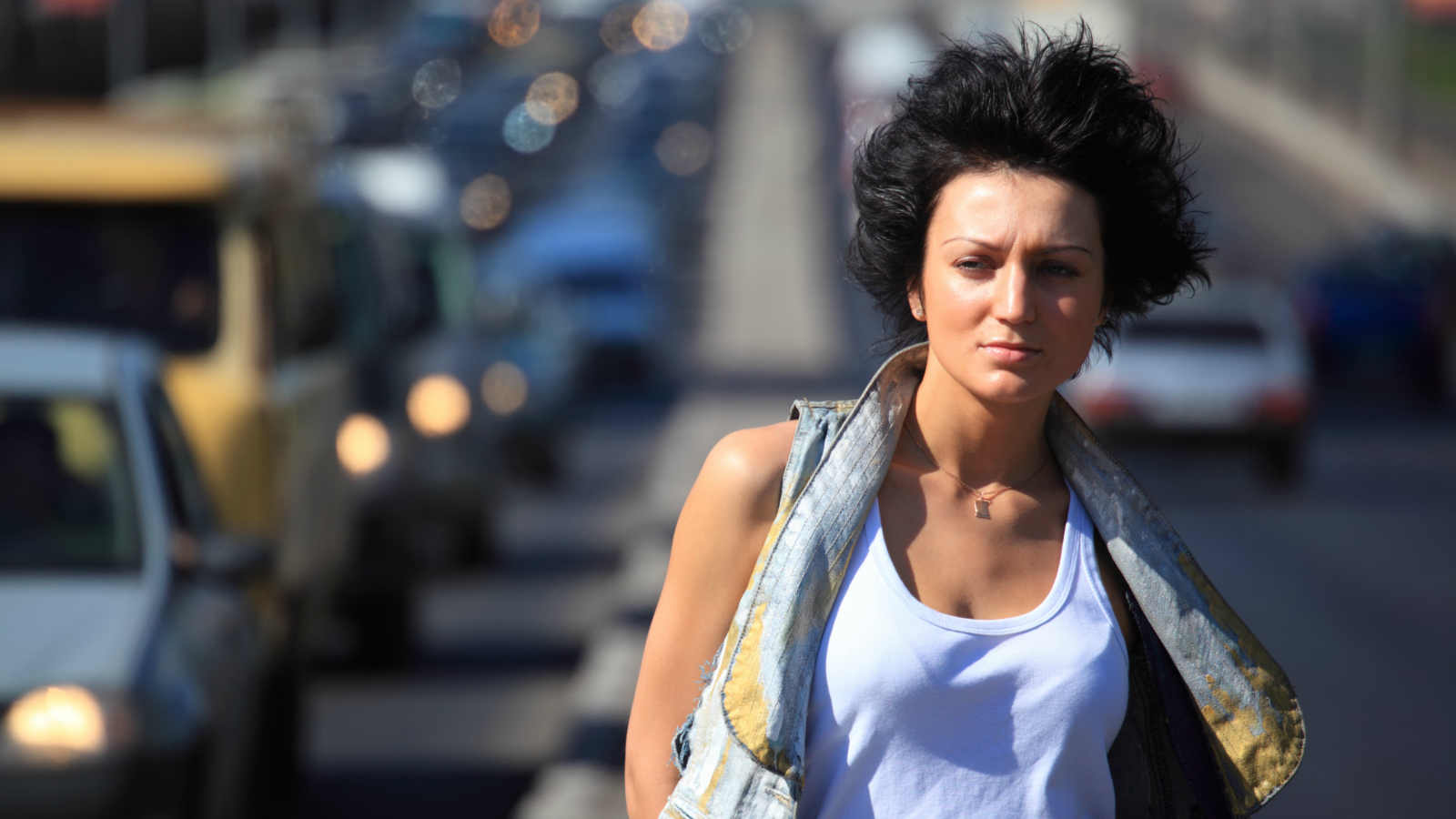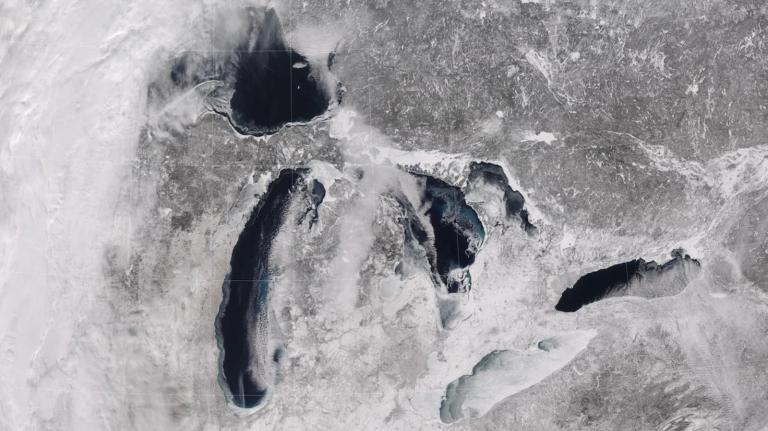Q. Dear Umbra,
My walk to work is 25 to 30 minutes through a pollution-laden, heavy-traffic downtown area. I can smell exhaust fumes the whole way, and see exhaust being expelled from the many trucks and buses. When you live in a place that doesn’t require auto emissions testing, at what point does the toxicity of the air outweigh the health benefits of walking?
Jennie F.
Anchorage, Alaska
A. Dearest Jennie,
At first glance, what we have here is a classic catch-22: People can’t walk (or bike) to work because of all the lung-clogging air pollution spewing from car tailpipes. But what do we need to do to slash that air pollution? Walk (or bike) to work! Short of convincing everyone in Anchorage to abandon their cars in one fell swoop, zombie apocalypse–style, it appears we’re stuck.
Or are we?
The health risks of air pollution — from car exhaust, yes, but also industrial smokestacks, power plants, woodstoves, and forest fires — are no joke. But even so, science says most of us are still better off hoofing it in all but the most horrifically polluted places. This means you shouldn’t have to abandon your morning stroll, Jennie — and you can take a few extra steps to protect yourself. Allow me to clear the haze a bit.
First, you’re right to be concerned about the air you’re inviting into your lungs. According to the World Health Organization, polluted skies contributed to some 3.7 million premature deaths around the globe in 2012. Several noxious ingredients contribute to dirty air, but the biggies are ground-level ozone and particulate matter, both of which come, directly or indirectly, from gasoline and diesel vehicles. Ozone — a combination of nitrogen oxides, volatile organic compounds (like the ones emitted by paint and mattresses), and carbon monoxide — attacks lung tissue. Particulate matter is very tiny particles that can get stuck in the lungs or even pass into the bloodstream. Between them, these pollutants are linked to, in ascending order of scariness: respiratory irritation, asthma attacks, heart attacks, strokes, and death. Overcome by a sudden urge to start wearing your Bane Halloween costume early? Me too.
But all is not lost. Researchers in Denmark and the U.K. recently looked into your very question. Both studies found that the health benefits of outdoor activity (including walking, biking, and gardening) far outweigh the risks of breathing polluted air — not to mention the environmental benefits of keeping one more car off the road. Now for the asterisks: This applies as long as you’re generally healthy. Vulnerable populations, such as kids, the elderly, and those with existing heart or lung problems, should be more careful. Also, the researchers assume you’re not commuting to work in, say, Delhi, home of the world’s dirtiest air. Even in very polluted areas, though, you’d have to walk more than 10 hours a day for the health risks from breathing the air to trump your pedestrian preferences.
Long exhale, all together now. That said, it still makes sense to reduce your exposure to smoggy air as much as possible while you’re en route. My No. 1 piece of advice: Can you adjust your route to avoid the streets with the heaviest traffic, Jennie? The worst pollution gathers within 50 feet of a road, so the more bike/walking paths and quiet side streets you can incorporate, the better (even if it lengthens your commute a bit). Steer especially clear of roads lined with tall buildings, which trap pollutants.
Beyond that, shifting your commute to avoid rush hour (mo’ idling cars, mo’ problems) would give you access to cleaner air, with early morning offering up the freshest inhalations. Perhaps your boss would be open to you coming in and leaving earlier? It’s also a good idea to check air quality like you check the weather; days with an “unhealthy” or worse rating might be good days to take the bus. And finally, walk more slowly. No, really: The more intense your activity, the more air you’ll gasp in, thus exposing you to more pollutants. At the very least, that’s an excellent excuse the next time you’re late for the Monday meeting.
One step you probably don’t need to take in American cities: wearing a mask, as many do in uber-polluted places like Beijing (where the air quality is more than four times filthier than in one of our worst cities, Los Angeles). Unless, of course, you’re hoping to draw some attention, start a movement, and inspire others to ditch their cars and walk with you. That’d be one small step for woman, one giant leap for humankind indeed.
Diaphragmatically,
Umbra




